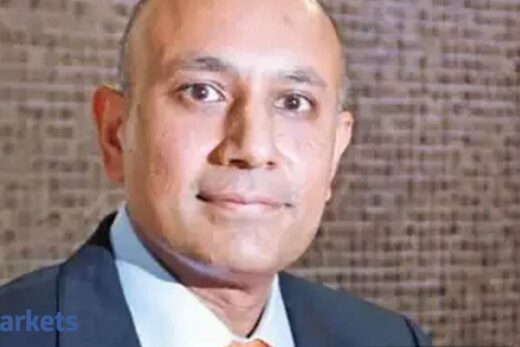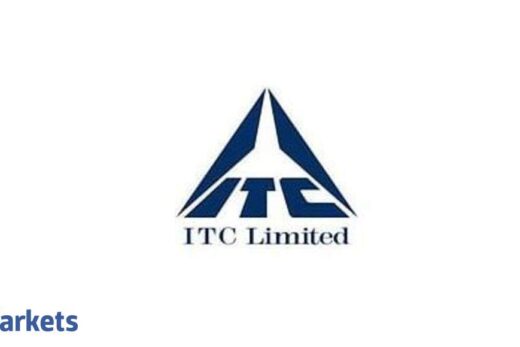It is very important for a retired person to plan, protect, and invest his or her hard-earned money to ensure financial stability. Having a conservative approach with the core purpose of capital preservation and steady capital appreciation should be the broad investment framework. For someone with a low-risk appetite, a combination of products like Pradhan Mantri Vaya Vanda Yojna, Senior Citizens Savings Scheme, RBI Floating Rate Bonds, Public Provident Fund, Kisan Vikas Patra, National Savings Certificate, National Savings Monthly Income Scheme, Bank Fixed Deposits and debt mutual funds of higher credit quality may do the job. A retired person can look at creating his or her portfolio which will help provide capital stability, steady appreciation and liquidity.
The table will help one to understand the current yields, nature and structure of these products in a detailed yet simplistic way
 ET Online
ET OnlineEach of these products have their own advantages and disadvantages. One should choose these products based on their overall structure and nature, and not just choose by focusing only on the returns.
The major advantage of government / RBI schemes is that they offer capital protection, as they are backed by the government of India. Some of these schemes provide tax benefits under section 80C and (tax free returns in the case of PPF). Looking at the current high yields, these schemes can provide lucrative returns on one’s investments. However, one cannot ignore the disadvantages of these schemes in their rigid close-ended long tenures, causing huge liquidity constraints during premature withdrawals. This limitation can be seen in fixed deposits and in close-ended debt mutual funds, too. Also, some of these schemes have investment limitations which obstructs a person to take advantage of the high yields on a large corpus.
On the other hand, debt mutual funds are a vast universe of 16 categories investing in various instruments of corporate and government debt and credit grades of different maturities. This segment caters to high-risk, low-risk, long-term and short-term investors. Depending on the structure and nature of the funds, they do face risks of defaults (in corporate debt instruments, high chance in low rated), liquidity and interest rate volatility but at same time these risks can be avoided if the right category and funds are selected based on their credit and maturity profiles.
The reason for a senior citizen to diversify into high credit quality open-ended debt mutual funds is for the well managed returns (as per historical data) along with the much-needed full access to liquidity without any constraints. Having access to liquidity is equally important along with capital preservation for the corpus of any senior citizen especially during uncertainties. Also, debt funds provide tax benefits through indexation after three years.
Currently, the yields in the highest-rated instruments are indeed low. It is the result of the Covid crises we are in. The current 10-year Indian bond yield stands below 6% and to draw one’s attention there have been only two instances in the past where the 10-year yields have been brought down below the 6% mark in 2003-2004 and 2008-2009. Our economy is facing higher inflation due to surplus liquidity and at some point, the RBI would need to hike interest rates to lower inflation and suck out excess liquidity. This clearly indicates that the low yields will rise and normalise eventually.
 ET Online
ET OnlineTo conclude, observing the current high yields in the government / RBI schemes it makes sense to take full advantage of them at this point. However, as I had mentioned earlier, investors should always “choose products based on their overall structure and nature”. Both capital preservation with steady appreciation and access to ample liquidity are extremely important for retired folks to manage themselves financially well during their retired life. In this context, while building a portfolio one should typically not take more than 50% exposure in any close-ended schemes and try to create an equally balanced basket of (government / RBI schemes, fixed deposits) and high credit quality open-ended debt mutual funds as per the structure and tenure of the products most suitable to them.
(Rushabh Desai is an AMFI-registered mutual fund distributor based in Mumbai.)



